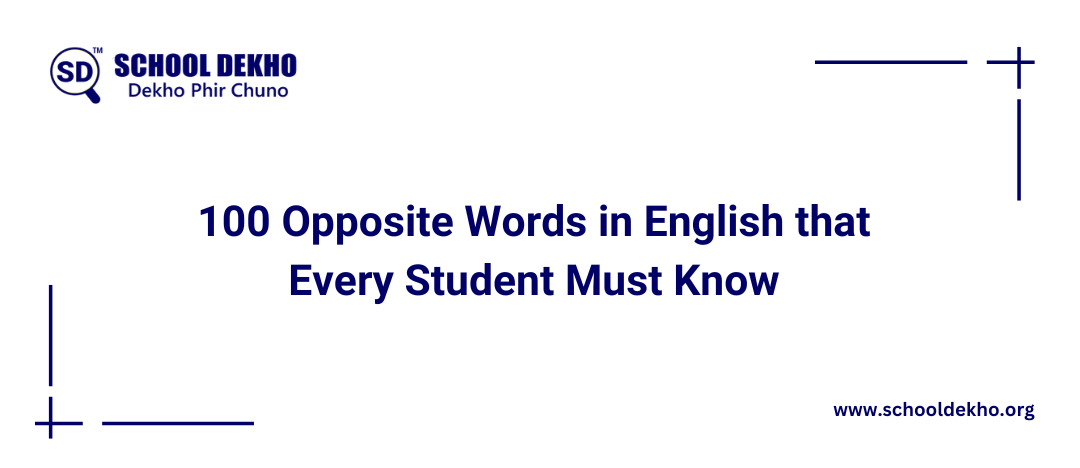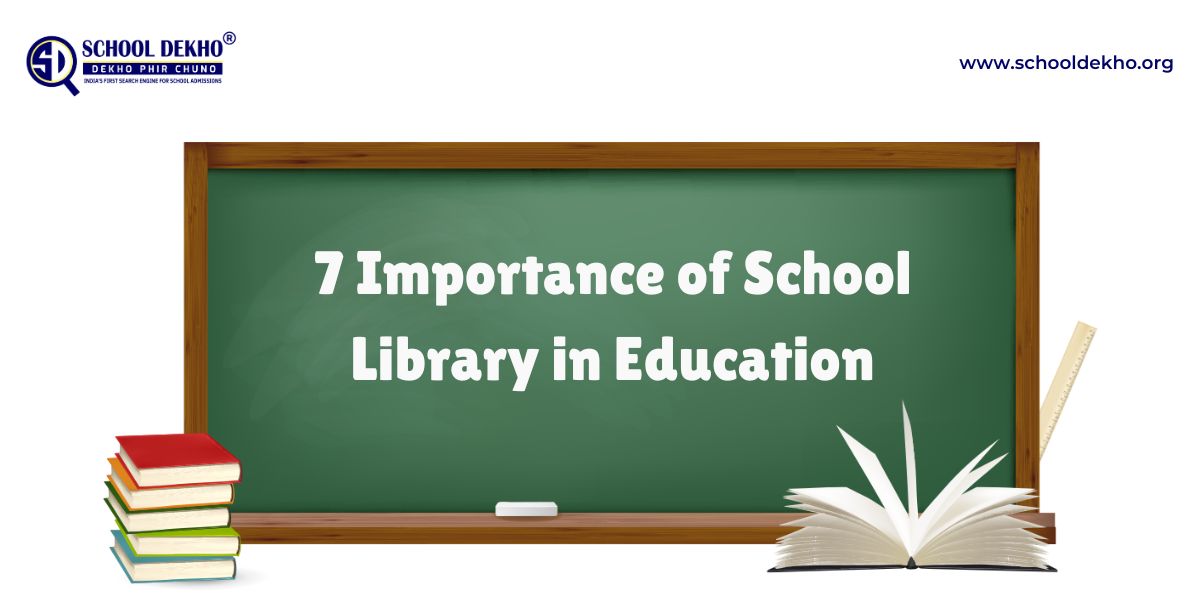| Word | Opposite Word | Example Sentence |
| Above | Below | The airplane flew above the clouds, while the city remained below. |
| Accept | Reject | She decided to accept the job offer, but he chose to reject it. |
| Add | Subtract | If you add five to ten, you get fifteen, but if you subtract five, you get five. |
| Always | Never | He always wakes up early, but she never does. |
| Ancient | Modern | The ancient ruins contrast sharply with the modern skyscrapers. |
| Angry | Calm | Despite the argument, she remained calm while he was angry. |
| Arrival | Departure | The arrival of the train was delayed, causing a late departure. |
| Awake | Asleep | He was still awake at midnight while his brother was fast asleep. |
| Begin | End | They begin the race at dawn and end it at sunset. |
| Big | Small | The elephant is big, but the mouse is small. |
| Bright | Dull | Her dress was bright and colorful, whereas his suit was dull and plain. |
| Buy | Sell | I want to buy a new phone, but he wants to sell his old one. |
| Clean | Dirty | She likes to keep her room clean, but his is always dirty. |
| Close | Open | Please close the door when you leave, or it will remain open. |
| Cold | Hot | The drink was too cold, so he made a hot tea instead. |
| Come | Go | She asked him to come inside, but he chose to go away. |
| Day | Night | The sun shines during the day, while the moon appears at night. |
| Deep | Shallow | The ocean is deep, but the pool is shallow. |
| Difficult | Easy | The math problem was difficult, but the English test was easy. |
| Dry | Wet | After the rain, the ground was wet, but it dried quickly under the sun. |
| Early | Late | He arrived early for the meeting, but she was late. |
| Empty | Full | The glass was empty before she filled it with water. |
| Enter | Exit | Please enter through the front door and exit through the back. |
| Far | Near | His house is far from the city, but hers is near. |
| Fast | Slow | The rabbit is fast, but the turtle is slow. |
| First | Last | He was the first to arrive, and she was the last. |
| Follow | Lead | The students follow the teacher, who leads them through the museum. |
| Forget | Remember | He tends to forget his keys but remembers his wallet. |
| Front | Back | The garden is in the front of the house, and the garage is in the back. |
| Good | Bad | She made a good decision, but he made a bad one. |
| Happy | Sad | She was happy to win the prize, but he was sad to lose. |
| Hard | Soft | The rock is hard, but the pillow is soft. |
| Heavy | Light | The suitcase is heavy, but the backpack is light. |
| High | Low | The plane flies high in the sky, while the car stays low on the road. |
| Hot | Cold | The coffee was too hot, so she added some cold milk. |
| In | Out | He went in the room and then walked out immediately. |
| Inside | Outside | They stayed inside during the storm but played outside when it cleared. |
| Large | Small | The dog was large, but the cat was small. |
| Laugh | Cry | She laughed at the joke, but he almost cried. |
| Left | Right | Turn left at the intersection, then take a right. |
| Less | More | He ate less food than she did, but drank more water. |
| Light | Dark | The room was light in the morning but dark at night. |
| Long | Short | He wrote a long essay, while she wrote a short one. |
| Lose | Win | They hate to lose a game but love to win. |
| Love | Hate | She loves chocolate, but he hates it. |
| Male | Female | The competition is open to both male and female participants. |
| Many | Few | There were many people at the event, but only a few stayed till the end. |
| Narrow | Wide | The alley was narrow, but the road was wide. |
| New | Old | She bought a new dress to replace her old one. |
| North | South | They traveled from the north to the south of the country. |
| Off | On | Turn the lights off before leaving, but keep the heater on. |
| Open | Close | She opened the window in the morning and closed it at night. |
| Over | Under | The bridge goes over the river, not under it. |
| Past | Future | We learn from the past to build a better future. |
| Peace | War | The country hopes for peace, but conflict may lead to war. |
| Poor | Rich | He grew up poor but worked hard to become rich. |
| Possible | Impossible | With effort, everything is possible; nothing is truly impossible. |
| Push | Pull | To open the door, push it forward or pull it back. |
| Quiet | Loud | The library is quiet, but the concert was loud. |
| Rich | Poor | Some are born rich, while others start poor. |
| Rise | Fall | The sun rises in the morning and falls in the evening. |
| Rough | Smooth | The table was rough before it was polished smooth. |
| Safe | Dangerous | The city is safe during the day but dangerous at night. |
| Same | Different | Their answers were the same, but their opinions were different. |
| Short | Tall | She is short, but her brother is tall. |
| Simple | Complicated | The solution was simple, but the process was complicated. |
| Single | Married | He remained single, while she got married. |
| Smart | Dumb | She is smart and quick-witted, but he often acts dumb. |
| Smooth | Rough | The surface felt smooth after sanding, unlike its rough state before. |
| Start | Finish | They start their project early and finish it on time. |
| Strong | Weak | She is strong enough to lift it, but he is too weak. |
| Tall | Short | The giraffe is tall, but the rabbit is short. |
| Thick | Thin | The book is thick, but the magazine is thin. |
| TRUE | FALSE | His statement was true, but hers was false. |
| Up | Down | He climbed up the ladder and then came down. |
| Urban | Rural | She prefers urban life, while he enjoys rural areas. |
| Victory | Defeat | The team celebrated their victory, while the other mourned their defeat. |
| Visible | Invisible | The moon is visible at night, but the stars can sometimes be invisible. |
| War | Peace | The war lasted for years before peace was restored. |
| Wet | Dry | The clothes were wet after the rain but dried in the sun. |
| White | Black | She wore a white dress, but he chose a black suit. |
| Wild | Tame | The wild tiger was different from the tame cat. |
| Win | Lose | She plays to win, but he is afraid to lose. |
| Wise | Foolish | His wise decisions led to success, while his friend's foolish choices caused problems. |
| Young | Old | She is young and energetic, while her grandfather is old and wise. |
| Zenith | Nadir | At the zenith of his career, he never imagined falling to the nadir of his life. |
| Light | Heavy | The box was surprisingly light despite its size, while the small stone was heavy. |
| Major | Minor | The injury was major and needed surgery, while the other was a minor cut. |
| Maximum | Minimum | The maximum temperature today is 40°C, while the minimum is 20°C. |
| Absent | Present | He was absent from school yesterday, but today he is present. |
| Accurate | Inaccurate | The report was accurate, but some figures were inaccurate. |
| Advantage | Disadvantage | Speaking multiple languages is an advantage, while lack of experience is a disadvantage. |
| Brave | Cowardly | The brave soldier led the charge, while the cowardly one hid. |
| Captive | Free | The bird was kept captive but later set free. |
| Constructive | Destructive | His feedback was constructive, while hers was destructive. |
| Courageous | Fearful | The firefighter was courageous, while the boy was fearful. |
| Exceed | Fall short | Her performance exceeded expectations, but his fell short. |
| Knowledge | Ignorance | Knowledge empowers people, whereas ignorance keeps them in darkness. |
| Prosper | Fail | Businesses that adapt prosper, while those that resist change fail. |








Leave your thought here
Your email address will not be published. Required fields are marked *